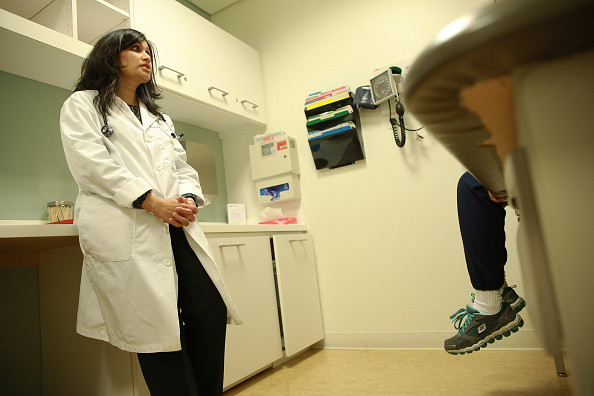Bullying, exam stress leading teens to suicide in England

Family problems, bullying and academic pressure are some of the major contributory factors for teen suicides in England, according to a research by University of Manchester.
The study was conducted by collecting data from inquests and investigations from officials regarding people between the age of 10 and 19 who committed suicide in England.
The report suggests, that 29% of the teens faced exams or results at the time of their death, out of which 6% are between 18 and 19 years of age, and 25% were younger than 18. Four individuals died on the day or a day after their exams.
Further, about 22% faced bullying, out of which nine individuals experienced it three months prior to their death, while 38% had a health condition like Eczema and respiratory problems such as asthma, 28% experienced loss of a close family member or friend.
Around 54% of the teens had previously harmed themselves and 57% had suicidal tendencies at some point in their lives.
Louise Appleby, Professor at University of Manchester, who led the study said that suicide often does not have a single reason. She was quoted by the Times as saying, "Self-harm is sometimes seen pejoratively as if it's just a cry for help and not that dangerous and sometimes [young people] aren't treated very well when they come in to casualty. We're pointing out that sometimes they do go on to suicide."
She said that he was surprised to find 36% had taken their own lives because of health problems such as acne or asthma. "Young people who are embarrassed about their skin and don't want to go out with their friends and lock themselves from view were often at risk."
Sarah Brennan, chief executive of Young Minds Charity, said the study shows why "it's absolutely crucial that schools give as much focus to wellbeing as they do to academic achievement".
However, the researchers, acknowledge that there were several limitations to their findings. The document offers a total of five potential reasons why there could have been errors. They include "information recall bias, variation in accuracy, assumption of absence when factors of interest were missing and small sub group samples".
The Samaritans provides a free support service for those who need to talk to someone in the UK and Republic of Ireland. It can be contacted via Samaritans.orgor by calling 116 123 (UK) or 116 123 (ROI), 24 hours a day, 365 days a year.
If you or someone you know is suffering from depression, please contact a free support service atMind.org.uk or call 0300 123 3393. Call charges apply.
© Copyright IBTimes 2025. All rights reserved.



















